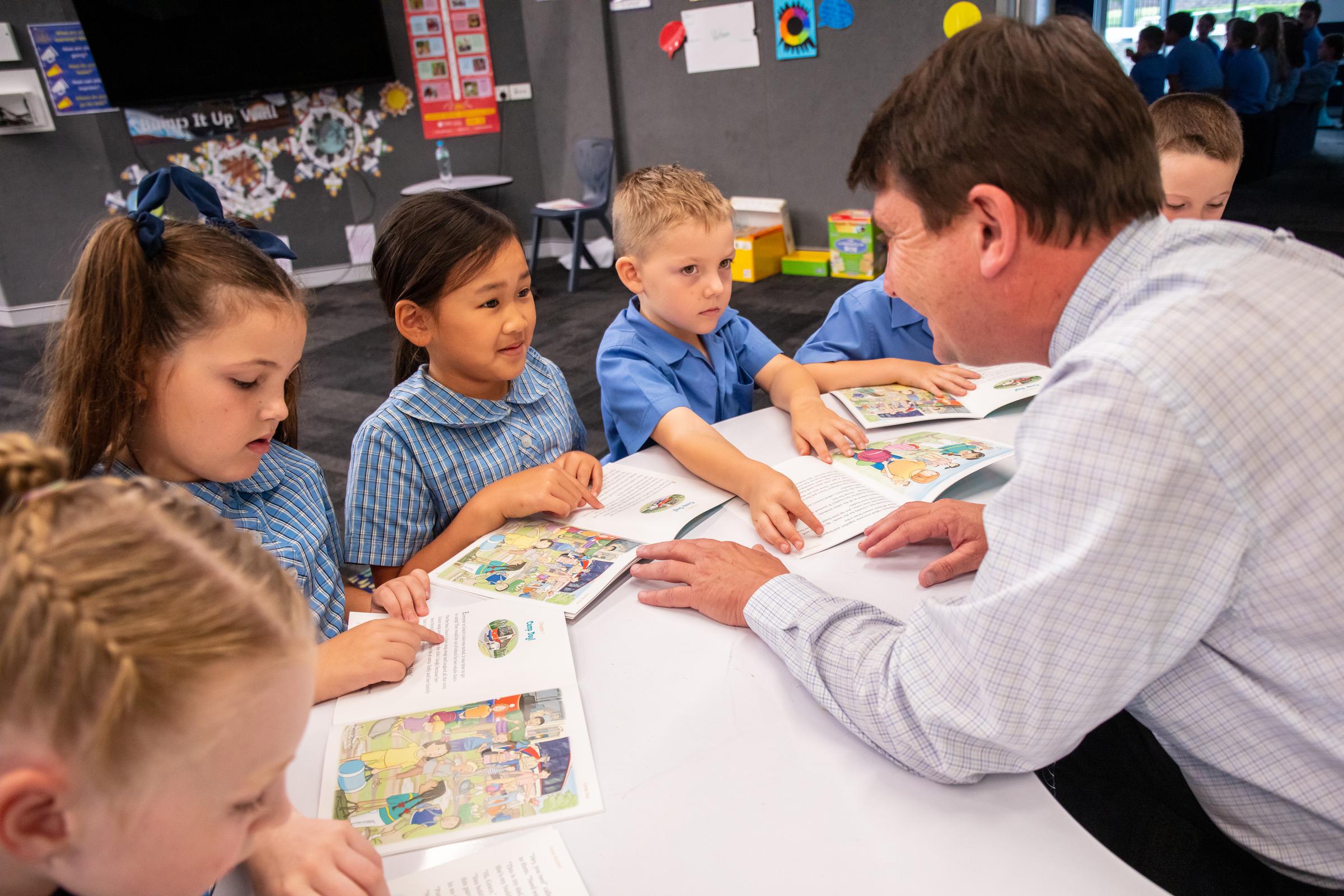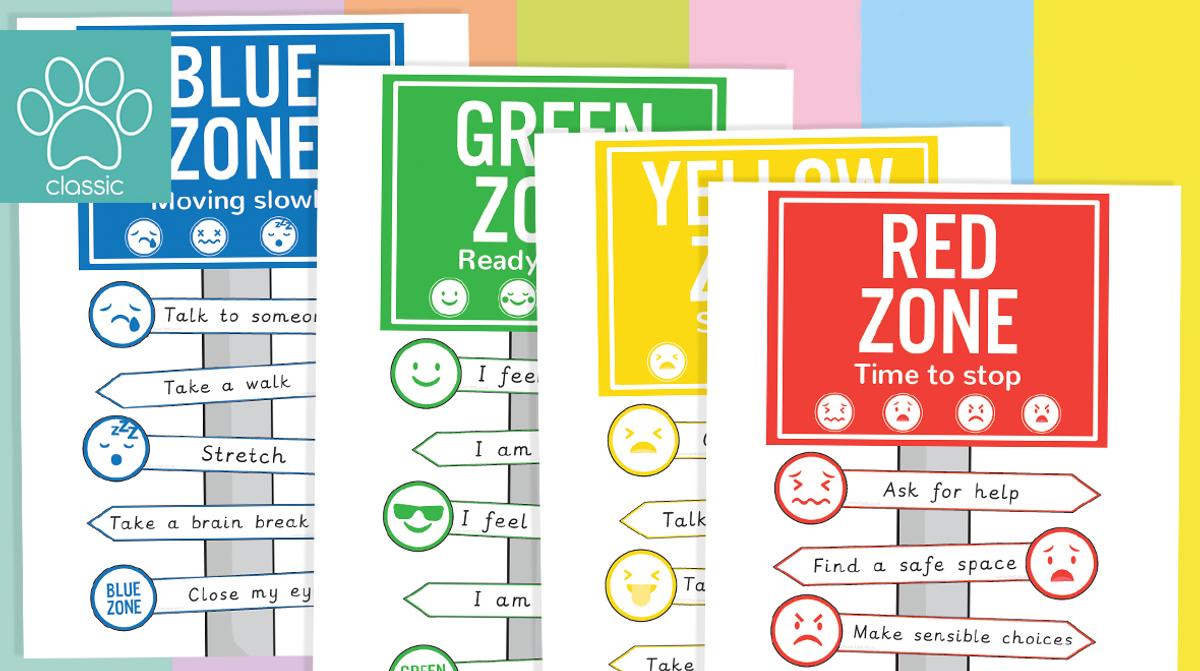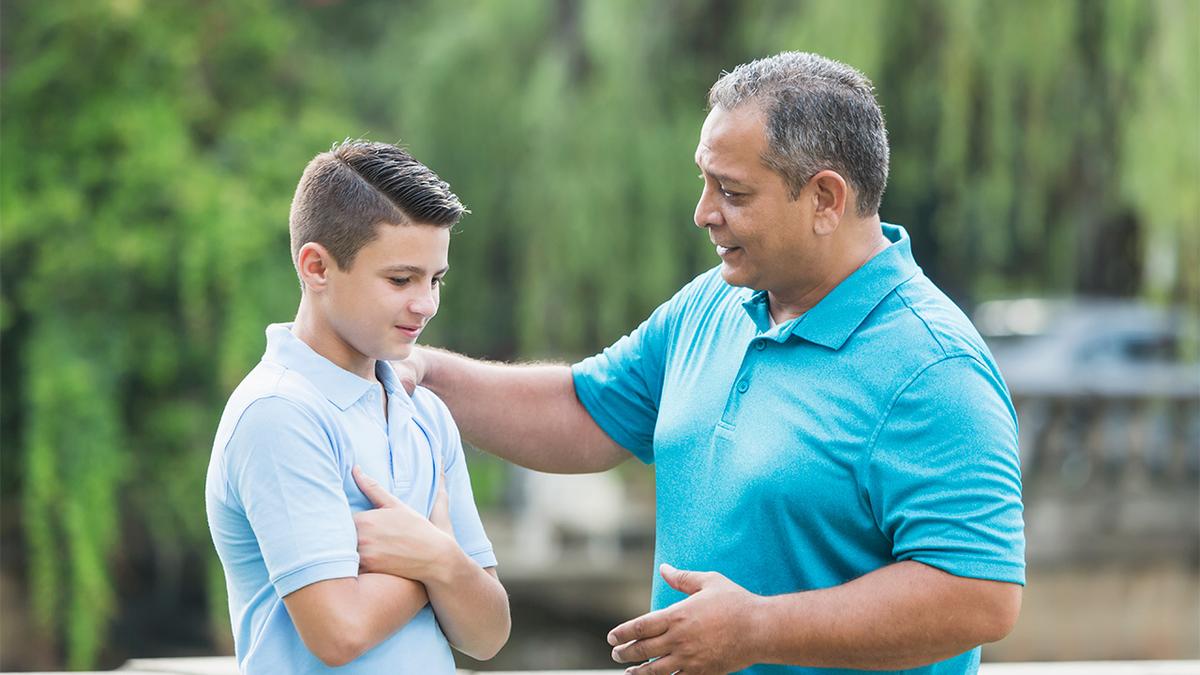Self-regulation
from: raisingchildren.net.au, a site that provides ad-free parenting videos, articles and apps backed by Australian experts. Please refer to this site for further information about helping your child learn how to regulate their emotions.
Self-regulation helps children learn, behave well, get along with others and become independent.
Here are some practical ways you can help your child learn and practise self-regulation:
- Work on your child’s skills for understanding and managing emotions.
- Use calming down strategies for toddlers, calming down steps for preschoolers and school-age children and calming down steps for pre-teens and teenagers.
- Plan for challenging situations where it might be hard for younger children to behave well. For example, ‘The shop we’re going to has lots of things that can break. It’s OK to look, but please don’t touch’. Give your child a gentle reminder as you enter the shop. For example, ‘Remember – just looking, OK?’
- Involve pre-teens and teenagers in problem-solving and negotiating difficult situations. For example, ‘I'm working all weekend, so I know it’ll be boring for you. Let’s figure out how you can make the most of the time’.
- Praise your child when they show self-regulation and manage a tricky situation. For example, ‘You were great at waiting for your turn’, or ‘I liked the way that you shared with Sam when he asked’.
- Try to model self-regulation for your child. For example, ‘I’d really like to keep gardening, but if I don’t clean up now I won’t get you to soccer on time’. Or ‘Let me write that on the calendar so I don’t forget’.
Problems with self-regulation
From time to time, different things can affect your child’s ability to self-regulate eg tiredness, illness and changes to your child’s routine. Also, some children have great self-regulation at child care, school or sport, but find it hard at home. Other children struggle in busy, noisy places like shopping centres. And as children get older, self-regulation might be challenging if they have a lot of assessment tasks or relationship difficulties.
Although these problems with self-regulation are fairly typical, it’s a good idea to speak with a professional if you’re worried about your child’s behaviour or you’re having trouble with your child’s behaviour as they get older. You could talk to your GPor your child’s teacher.
Consider seeking professional help if your child:
- seems to have more tantrums or difficult behaviour than other children of the same age
- is behaving in difficult or out-of-control ways more often as they get older
- is behaving in ways that are dangerous for themselves or others
- is difficult to discipline and your strategies for encouraging positive behaviour don’t seem to be working
- is very withdrawn and has a lot of trouble interacting with others
- doesn’t seem to have as many communication and social skills as other children of the same age.




